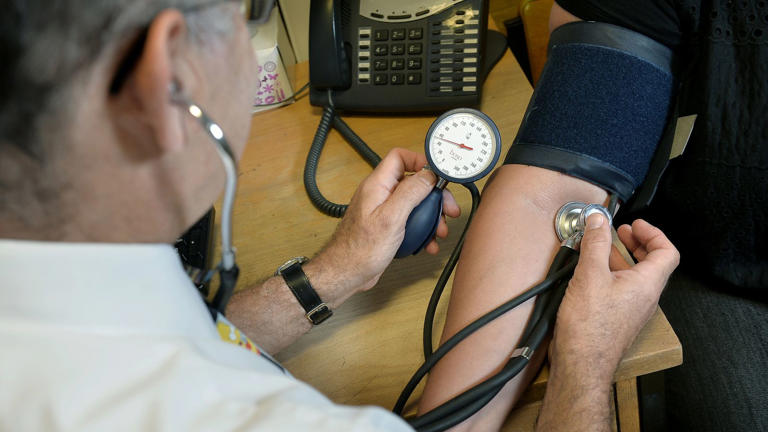Trauma surgeon Dr. Tom Kelly founded Heidi Health in 2021 with a simple but powerful mission — to free doctors from the growing burden of administrative work. Partnering with technologist Waleed Mussa, Kelly developed an AI care assistant designed to act as a partner to clinicians, handling documentation, transcription, and other time-consuming tasks. “We wanted to build an AI care partner that would stand alongside clinicians and take care of the admin so that providers can focus on care,” Kelly told TechCrunch.
Since its initial product launch in early 2024, Heidi Health has grown rapidly, helping return over 18 million hours to healthcare providers across 70 million patient visits in 116 countries. Its flagship product functions as an AI medical scribe that transcribes and summarizes notes, tracks follow-up tasks, and generates patient summaries automatically. Built using both its proprietary AI model and external systems like Google’s Gemini, Heidi Health takes a model-agnostic approach to optimize accuracy, speed, and cost.
On Monday, the company announced it had raised $65 million in a Series B funding round led by Steve Cohen’s Point72 Private Investments, bringing its total funding to $96.6 million. Other investors include Goodwater Capital, Headline, Blackbird VC, LG Technology Ventures, and Alumni Ventures. The startup also unveiled a new AI tool that can make patient calls on behalf of doctors and welcomed new leadership additions, including former Microsoft Chief Medical Officer Dr. Simon Kos and Plaid’s head of revenue, Paul Williamson.
Dr. Kelly said the fresh funding will go toward expanding Heidi Health’s product development and global reach, with a vision to empower clinicians everywhere — from war zones to underserved communities. Working with more than 2 million clinicians weekly, Heidi Health aims to make healthcare more efficient without sacrificing human connection. “AI will change everything in healthcare,” Kelly said. “But the true promise of AI is about doubling the world’s healthcare capacity — so doctors can do what they were meant to do: care for patients
